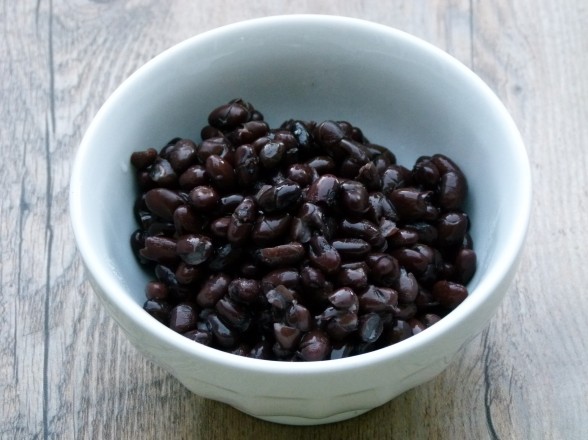
This is the time of year when I start to make more bean-based soups and chilis. And as soon as it stops being 80 degrees around here, I’ll get right on that. Actually, regardless of the season, we are a bunch of bean eaters in this house. Besides chili, I use beans in Mexican dishes, salads, pastas, veggie burgers, with braised greens or in dips. There are many varieties of beans that we eat — from garbanzos to black to pinto to Cannellini and more.
Beans are incredibly versatile and they happen to be a great low-fat source of fiber and protein. Beans are one of those low-glycemic foods that gives you long-lasting energy without spiking your blood sugar. Hooray! No insulin surge! And what’s more is that several types of beans including kidney, pinto and black are off the charts in antioxidants, as in a whole heck of a lot.
Beans are quite affordable, especially if you make them from scratch. A pound of dried beans can cost anywhere from $1 to $1.50 and that will yield the equivalent of 3-4 15-ounces cans. If you buy high-quality organic beans from a company like Eden Organic, which doesn’t line their cans with BPA, one can costs approximately $2.30. You can do the math here and realize that you would save a lot of money buy cooking your beans from scratch. Not only that, most cans are lined with BPA, which is a carcinogen that is not easily detoxified. And wouldn’t you feel better about not throwing all those cans into a landfill? Yes indeed.
I am teaching a black bean and pumpkin soup recipe this month in my classes and I have noticed my students furiously scribbling my instructions for how to cook dried beans. I realized this would be a good thing to post, so here are a few of my tips for preparing beans from scratch.
- Buy beans from a store with a high turnover to ensure you don’t get very old beans which take longer to cook.
- Plan ahead since you need to soak beans for at least 6 hours and then cook them for an hour or more.
- Pick through the beans before soaking and look for any small stones or debris.
- Place beans in a large bowl or pot and cover with a generous (4-6 inches) of cold water. If you have a piece of kombu (kelp), add that to the beans for additional digestibility and alkalinity. Leave the bowl on the countertop or in the refrigerator for at least 6 hours or overnight. Check to make sure all the beans stay below sea level! I usually start soaking in the morning when I’m making breakfast.
- Drain the beans in a colander and transfer (with kombu, if using) to a large pot. Sometimes I add some onion and celery if I know I’m going to use the beans for a salad, but I usually don’t add vegetables. Fill with fresh cold water to cover by at least 4 inches and bring to a boil over high heat.
- Lower heat to a simmer and skim off any foam from the top. Maintain a gentle, active simmer. Boiling the beans rapidly can make them lose their shape.
- Start to test the beans for tenderness after 50 minutes. Continue to taste them until desired tenderness is achieved. This can take an hour or more depending on the age of the beans.
- Turn the heat off and if you have time, add some kosher salt to the beans and allow the beans to cool in their cooking liquid.
- Drain and now they’re ready to eat! Or store them in the refrigerator for up to 3 days or in the freezer for up to 3 months.

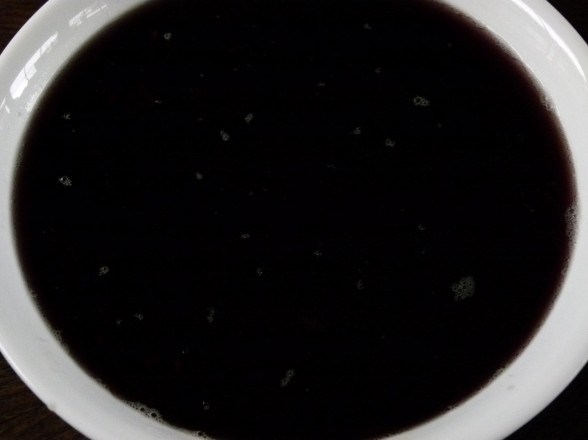
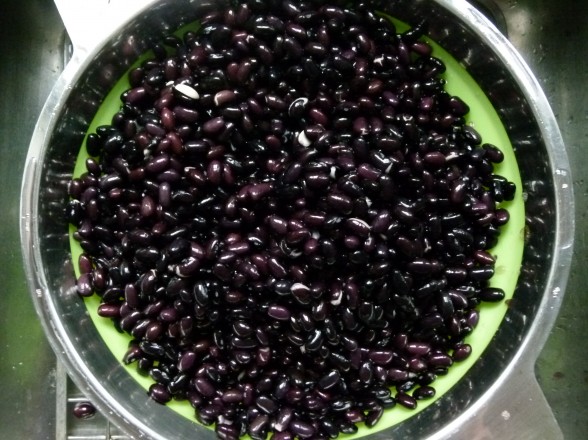
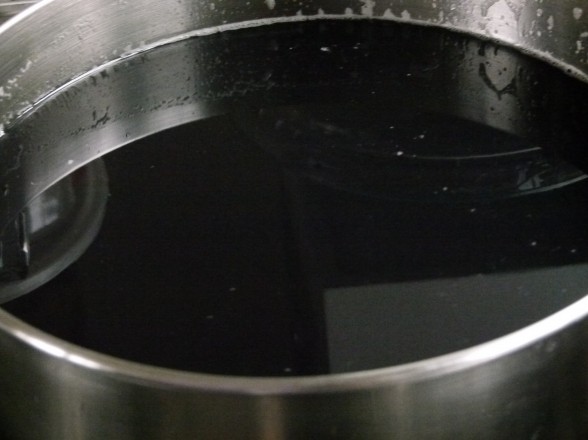
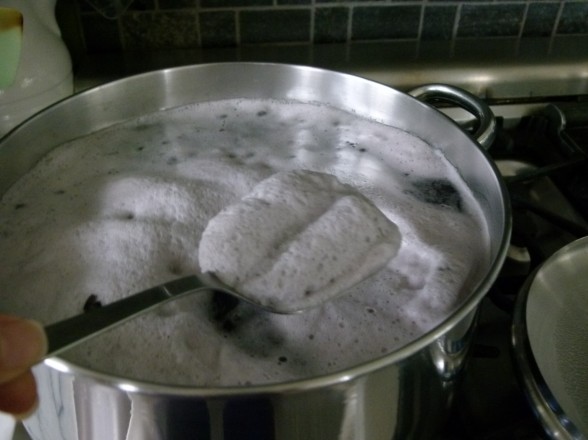
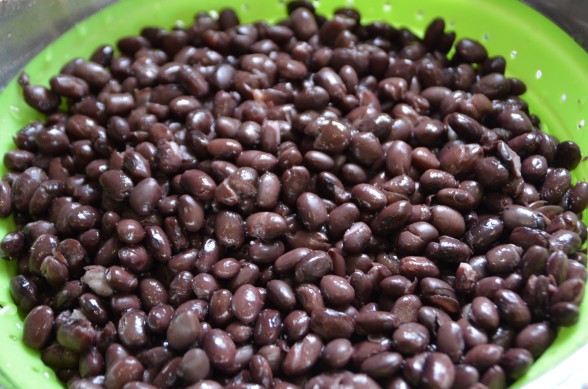
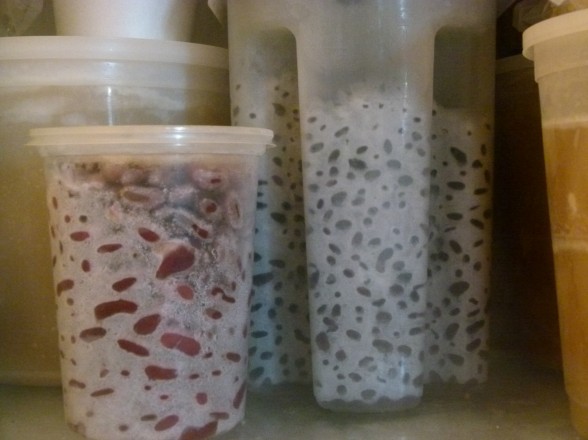
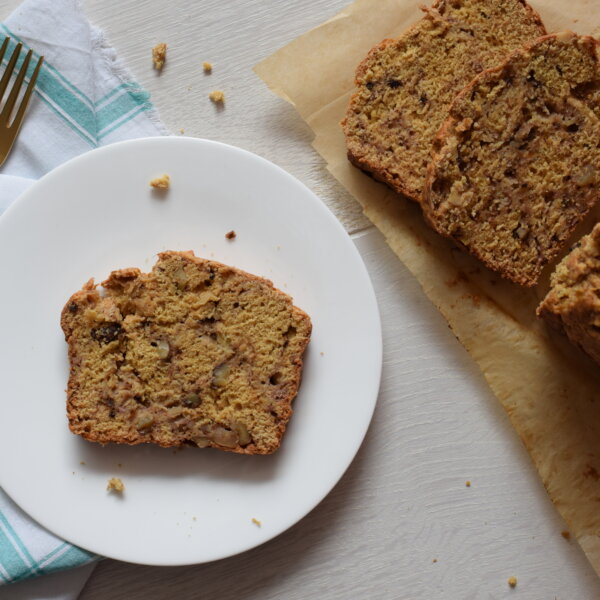
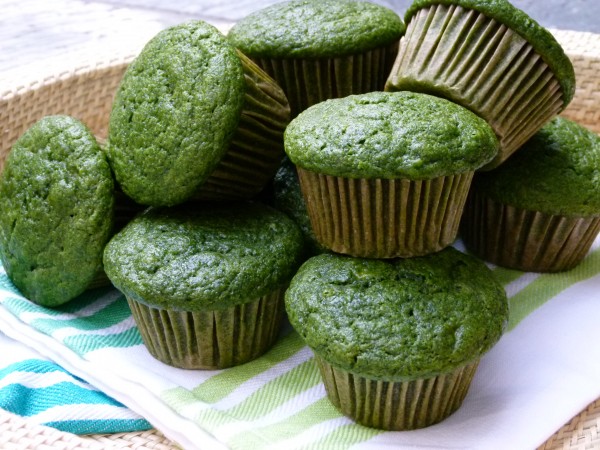
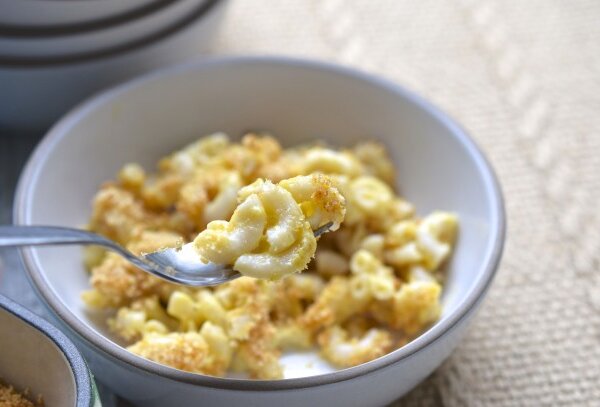
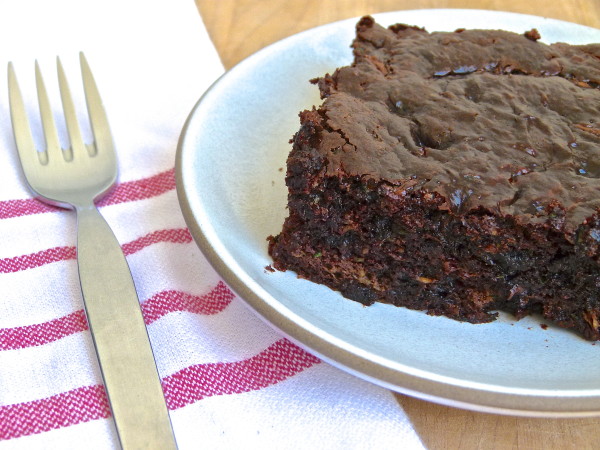





How many cups of dry beans should I soak to make 1 cups of cooked beans?
1/3 to 1/2 cup dry beans will yield about 1 cup cooked beans.
Do you add anything for flavor in the slow cooker?
I do not, but you can add onion, celery and/or garlic if you like. Just don’t add salt since it may toughen the skins on the beans and prevent the beans from softening.
When I make the beans in the slow cooker I just soak beans with kombu and then discard, correct…. dump water and use fresh in slow cooker? Do not cook beans with kombu in slow cooker? just want to be sure. thanks
EXACTLY. Technically, you don’t even have to soak the beans ahead of time, but it does make them more digestible. no kombu and NO salt in the slow cooker!
When freezing, can they be in mason jars or is plastic fine? Will there be juice when done cooking( keep or remove) Want to try this asap! thank you Pamela!
SOrry for the delayed response, Pia. There will be juice after cooking the beans. I like to save a little from chickpeas for making hummus and from pinto and black beans for making refried beans. You can freeze in either mason jars or plastic. The key to freezing anything with liquid, especially in glass, is to not fill the container to the top because you need to leave room for the liquid to expand. If it’s full and the lid is on, the glass will crack. Also, don’t defrost something frozen in glass by taking it from the freezer and inserting in hot water. Good luck!